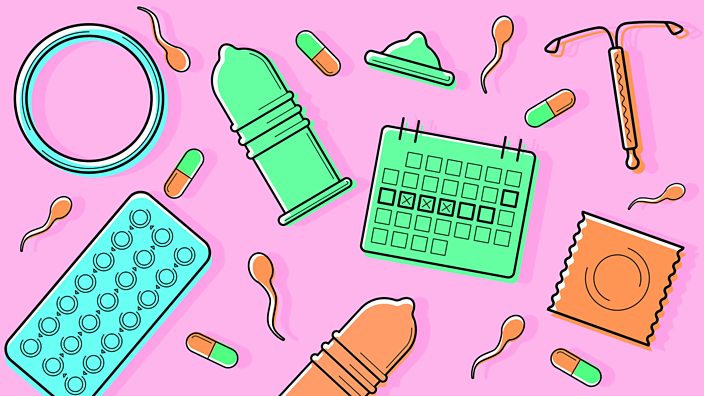
While abstinence remains the most effective birth control methods, a recent study by Fatherly shows that at least 60 percent of American teens have had sex by the time of graduation. It is, therefore, important that they use effective birth control methods to prevent teen pregnancies. Here are some of the best methods you should consider getting for your teenager from the OBGYN in Trinity.
Condoms
Condoms
Condoms are the most effective birth control methods, and when used correctly, they prevent at least 99 percent of pregnancy. They are also efficient in protecting against STIs and STDs. Condoms are readily available and cheap. They may, however, cause irritation for persons with sensitiveness on a latex allergy.
IUDs
IUDs
The intrauterine contraceptive devices are 98% effective in preventing pregnancies. They work to prevent fertilization by thickening mucus on the cervix, therefore, preventing the sperms from passing through in the same way; they also make the uterine walls thin to prevent implantation.
The IUDs come in two forms;
- Hormonal
- Non-Hormonal
The hormonal IUDs release the hormones progestin into the cervix, while the non-hormonal are made of copper and function in the same way. A copper IUD, depending on the type, can last up to 10 years while the hormonal IUDs last between 3-5 years.
The side effects include;
- irregular bleeding
- infections
- heavy periods
Birth Control Pills
Birth Control Pills
These are pills taken daily based on the menstrual cycle. They are pocket-friendly, reliable, very safe to use, and are readily available for teenagers who are legally permitted to engage in sexual intercourse. The pills release hormones into the body that prevent ovulation by thickening the cervical mucus. Their main disadvantage is that they require consistency, and when not taken daily, it can reduce their effectiveness.
Some of their side effects include nausea, breast tenderness, and bleeding in between periods, often experienced during the first three months.
Vaginal Ring
Vaginal Ring
The vaginal ring is placed in the vagina and works in the same way as birth control pills. It releases the estrogen and progesterone hormones that prevent ovulation. The ring stays in the vagina for at least three weeks and should be taken off during periods.
The common side effects include causing irritation and infections.
Depo-Provera
Depo-Provera
Depo-Provera injections contain progesterone hormones that prevent pregnancy by inhibiting ovulation. The injections are done every three months to increase their effectiveness. You may experience irregular periods.
Implants
Implants
An implant consists of two rods placed under the skin on the upper arm. It contains the hormone progesterone that prevents ovulation and makes the endometrium thin, therefore preventing pregnancy. They are also helpful in reducing cramps. Implants can last between three to five years.
Most people prefer this method of birth control as it does not interfere with sexual activity, and neither does it cause vaginal infections. However, it is associated with irregular periods and weight gain.
Other birth control methods include;
- Emergency pills
- Cervical Caps
- Spermicide
Conclusion
Conclusion
Birth control methods are highly effective when used correctly. It is essential to consult a specialist to decide on the best method to use. Some of them have side effects, and it is necessary to consider, especially for those with allergies.